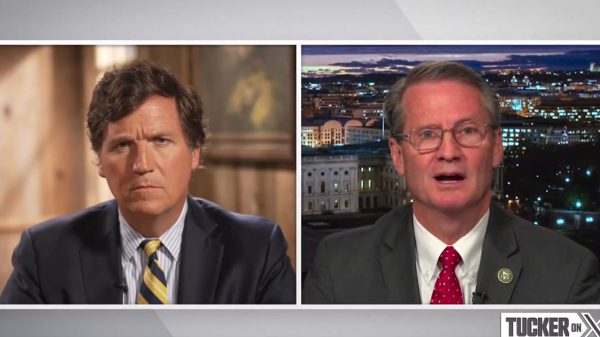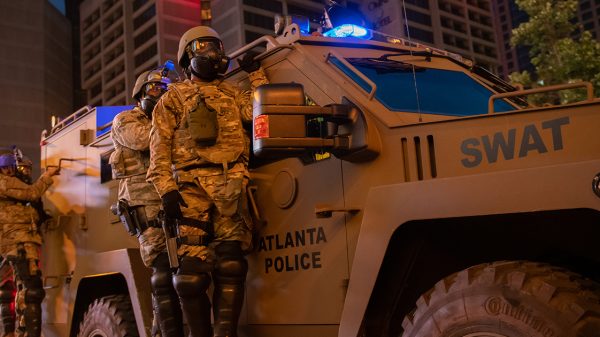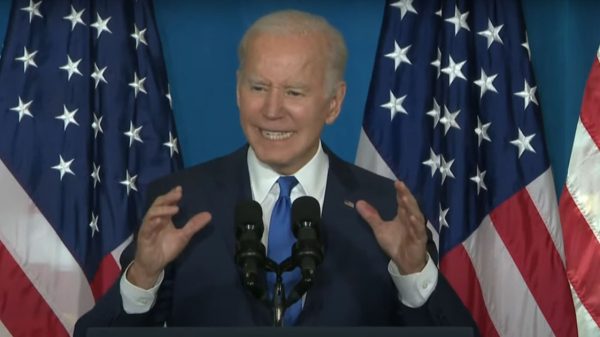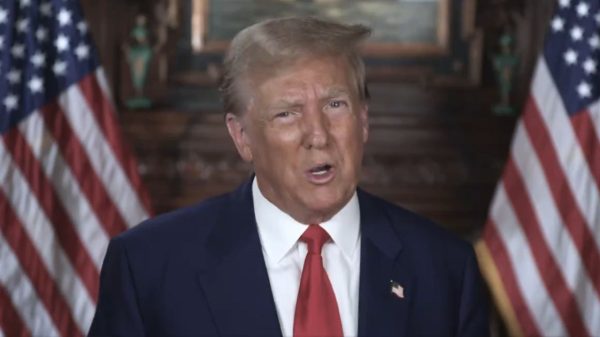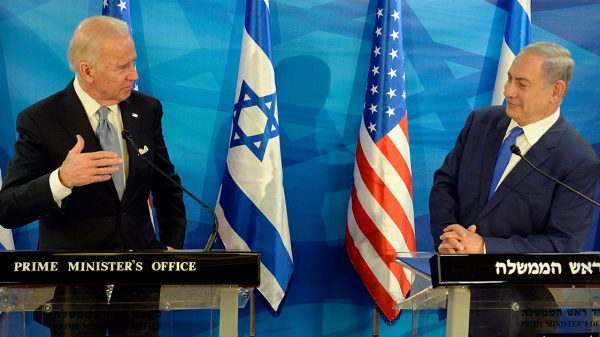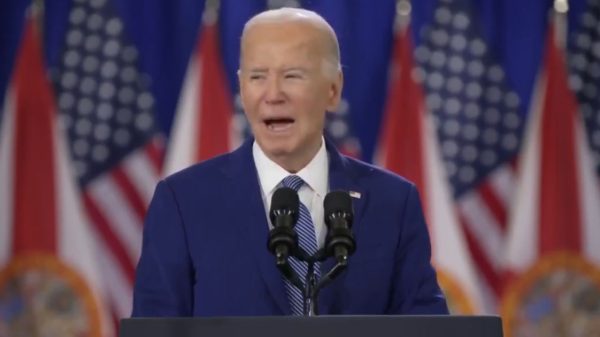In a recent campaign stop, former President Donald Trump announced his intention to invoke the Alien Enemies Act, should he be re-elected. This federal law allows for the detention and deportation of non-citizens over 14 years of age in the United States. Trump stated that this would be a targeted measure against suspected gang members, drug dealers, and cartel members.
This declaration forms part of his proposed second-term immigration policy, signaling an increased utilization of executive branch powers and law enforcement resources.
Trump delivered his speech before a crowd of more than a thousand supporters, outlining his plans to eradicate the threat of illegal alien gang violence. He also expressed his intention to reinstate and expand the travel ban that was implemented during his first term, which was later revoked by President Joe Biden.
The initial ban restricted entry to the United States for individuals from seven countries, including five Muslim-majority countries.
The Alien Enemies Act, historically a wartime provision, was previously invoked during World War II by President Franklin Delano Roosevelt after the bombing of Pearl Harbor. It allowed for the government observation and detention of thousands of Japanese, German, and Italian nationals. The legislation permits the president to order the apprehension, restraint, security, and removal of non-citizens when an invasion or predatory incursion is perpetrated, attempted, or threatened against U.S. territory by any foreign nation.
Despite some Democratic senators and civil rights groups advocating for the repeal of the Alien Enemies Act, Trump has indicated that he would broaden his travel ban to prevent communists and Marxists from entering the United States.
Further, Trump voiced plans to move a significant number of troops currently stationed overseas to the U.S.-Mexico border. He argued for the necessity of guarding our own borders with the same vigilance as we guard others. In addition, he suggested redirecting substantial elements of federal law enforcement, including the FBI, DEA, and ATF, into immigration enforcement roles.
In his commitment to curbing drug trafficking, Trump also proposed deploying the Navy to establish blockades to prevent fentanyl from entering the country via waterways.
These proposed measures reflect Trump’s continued dedication to national security and law enforcement, reinforcing his stance on stringent immigration policies and crime prevention.









